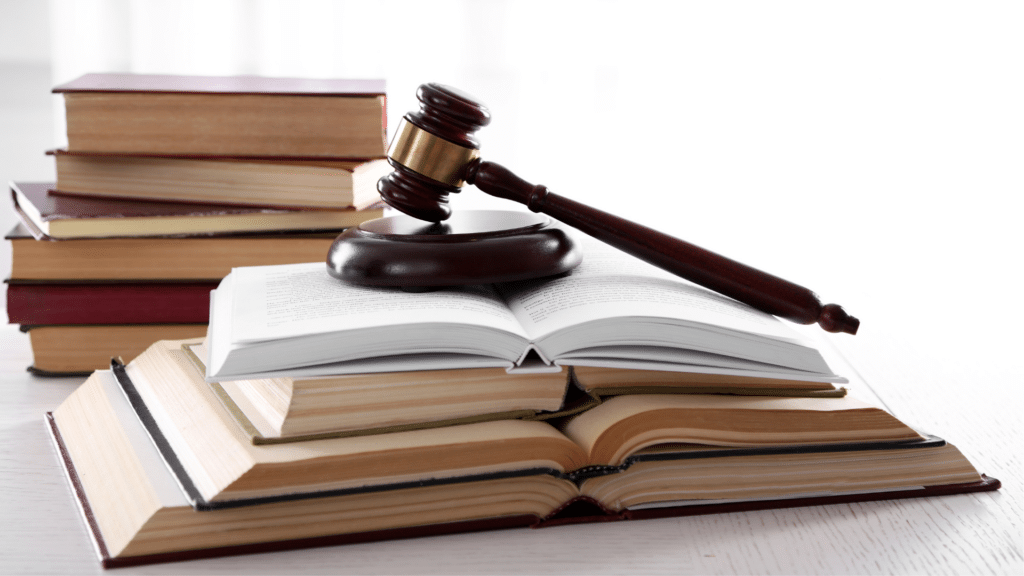
Working as a freelancer makes you your boss. You can decide your workload and how much you can earn. While freelancing can be fun, working at your own pace, taxation can get a little taxing. You have to report your income as business income and follow similar reporting and bookkeeping guidelines as a small business owner. You must pay advance tax every quarter and file Goods and Service Tax (GST) monthly, quarterly or annually.
Nine Things Freelancers Should Know About Tax Filing
This article will examine how taxation works for freelancers in nine ways.
Where Should You Report Your Freelance Income?
Freelancers are categorized as sole proprietors or self-employed and must report their income as Income from Business. Unlike a salary, business income is the profit after deducting all expenses incurred to provide the goods and services.
Once you arrive at your taxable business income, you calculate tax based on the tax bracket you fall into. You can estimate your taxable income and pay the tax in four equal installments before the 15th of March, June, September, and December to avoid interest on late payments. It is called advanced tax. Your employer deducted this amount from your salary as income tax. Since you are your employer, the onus is on you to pay the tax to the CRA quarterly.
How To Calculate Your Freelance Income?
As stated before, business income is the profit after deducting business expenses from the total money received from clients. The CRA has a list of tax-deductible business expenses, such as marketing costs, equipment (laptop), software subscriptions, broadband and mobile bills, and accounting and legal fees.
If you have a home office, you can even deduct utility bills, maintenance costs, and mortgage interest from the portion of the house you have converted into an office. So, if you have a 700-square-foot apartment of which 210 square feet is transformed into a home office, you can deduct 30% of your eligible expenses from your business income.
You have to keep receipts and bills of each business expense, no matter how small, and write the details of the shared assets. Suppose you use your vehicle to drive to a client location; you can deduct the fuel expense from business income but must record details like the purpose of the meeting and miles travelled. If you went out of town for a meeting, stayed there for three days for business and spent two more days on vacation, you can deduct the business expense for three days. It is vital to keep personal and business expenses separate.
Do You Have to Deduct Canada Pension Plan?
The CRA requires all working Canadians above 18 years of age to contribute to the Canada Pension Plan (CPP) on annual earnings above $3,500. Being your boss, you must contribute 11.9% (a combination of employer and employee portion) of your pensionable earnings and remit it to the CRA.
Do Freelancers Need to Charge GST/HST?
Freelancers are business owners in the eyes of the CRA. When your revenue crosses $30,000 in a quarter or four consecutive quarters, you must register with GST and get a business number. Whether or not you should charge your client GST, depends on the type of goods or services you supply. If you provide taxable services, you have to charge GST as per the place of supply and show the break-up in the invoice. You can claim an input tax credit (ITC) on goods and services (like equipment purchases) for conducting business. The GST collected has to be remitted to the CRA after the ITC is deducted.
When Freelance Income is From Foreign Clients
If you are providing services to a foreign client, you have to pay income tax on this income, but you don’t need to charge clients GST/HST even if you are a GST registrant. However, there are some exceptions to the GST rule. It is better to consult a tax advisor to ensure you charge the right GST.
Do You Need a Separate Bank Account for Your Freelance Income?
Separating your personal and business expenses can get confusing. Hence, it is better to open a separate bank account for your business and do all business-related transactions from that account. This will create a professional image among clients and help record keeping in case of an audit. Timely payments through a business account can help you build a good business credit score to get you better terms when your business needs debt.
Which Tax Forms Do Freelancers Have to Fill?
Once you have calculated your business income, it is time to file returns. As a business owner, you must file two tax forms – T1 General Form for personal tax and Form T2125 for your business income. If you have more than one business, you must file a separate Form T2125 for each business. If your freelancer business scales and you incorporate your company, you must file a T2 form for business income.
What is The Tax Filing Deadline for Freelancers?
The tax filing deadline for individuals is April 30, and for self-employed is June 15. However, you have to pay all your tax dues before April 30. Any delays in filing tax returns beyond June 15 will attract a 5% penalty on the tax balance plus an additional 1% for each month of delay up to 12 months. If you do not file your taxes for a long time, you may attract criminal charges, such as substantial fines or jail time.
Should You Hire an Accountant to File Taxes?
Taxes can be overwhelming as your freelancing work grows. If you are having trouble doing taxes, you can outsource this work to a professional accountant. You can deduct the accounting fees as a business expense.
Contact Ford Keast LLP in South Western Ontario to Help You File Your Taxes
A professional accountant can help you file taxes, claim necessary deductions and keep appropriate records. To learn more about how the team at Ford Keast LLP in London can provide you with the best accounting and bookkeeping expertise, contact us online or call us at 519-679-9330.



